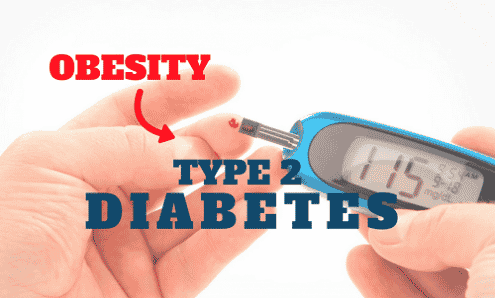Difference between type 3 and type 3C diabetes
You must have already heard about the 3 main types of diabetes – Type 1, Type 2 and gestational diabetes; however, did you know that type 3 and type 3C diabetes also exist? Let us learn more about these conditions, including their definition, symptoms, causes, differences and risk factors.
Definition of type 3 and type 3C diabetes
“Type 3 diabetes” is a term used to describe Alzheimer’s disease, a condition causing dementia. Studies report that this condition is due to insulin resistance and impaired insulin-like growth in the brain. It is called type 3 diabetes because scientists theorized that the dysregulation of insulin in the brain causes dementia.
On the other hand, type 3C diabetes develops when the pancreas stops producing adequate insulin for blood sugar regulation. The condition happens when any illness affects and damages the functioning of the pancreas. It also occurs after pancreatic surgery or if the organ is removed. This is also known as pancreatogenic diabetes or pancreatogenous diabetes mellitus.
Symptoms of type 3 and type 3C diabetes
Although both conditions are characterized as diabetes, they do not share symptoms. The signs and symptoms of type 3 diabetes are centered around dementia or Alzheimer’s disease. Meanwhile, the bodily reactions for type 3C diabetes are connected to the pancreas, and varying blood sugar levels. These are as follows:
Type 3 Diabetes:
- Confusion
- Memory loss
- Trouble using language
- The sudden change in personality
- Unable to make judgements
- Trouble performing simple tasks
- The abrupt change in mood
- Difficulty resolving problems
Type 3C Diabetes:
- Unexplained weight loss
- Upset stomach
- Unexplained tiredness
- Diarrhea
- Frequent thirst
- Urinating more often
- Genital itching
- Blurry vision
Causes and Risk Factors
A 2016 study reported that type 2 diabetes could cause Alzheimer’s disease or type 3 diabetes. However, this was later disregarded because of a statement released by authors of a 2008 review. They said that while type 2 diabetes and obesity may contribute to the onset of Alzheimer’s, the evidence is not enough to support the claim. A recent study also reported that the impairment of insulin in type 2 diabetes could turn into type 3 diabetes. This process can result in the development of oxidative stress, which is deeply associated with diagnosis of Alzheimer’s disease.
People who are at high risk of developing type 3 diabetes are those who:
- follow low-fiber eating plan
- become exposed to stress
- lack exercise
- have a history of diabetes in the family
- have unmanaged weight
Meanwhile, the causes of type 3C diabetes all relate to pancreatic conditions, such as chronic pancreatitis, hemochromatosis, cystic fibrosis, and pancreatic ductal adenocarcinoma. These conditions compromise the functions of the pancreas leading to Type 3C Diabetes.
What is Common In Type 3 and Type 3C diabetes?
Type 3 and type 3C diabetes should not be mistaken as similar conditions. They are poles apart in terms of their causes and symptoms. However, if there’s one thing they have in common, and that is, they both are under-categorized as diabetes, but treated more as traditional organ failure. As a result, the doctors follow the classical “organ-treatment” methods to manage these two conditions.
Because of the controversy associated with Alzheimer’s disease, type 3 diabetes does not have an official ”Diabetes Status”. That is why most Alzheimer’s disease treatment revolves around Aducanumab drugs and therapies, which works by reducing the brain lesions responsible for Alzheimer’s disease. Curing the insulin imbalance is often overlooked in this treatment method. Nevertheless, Aducanumab drugs and therapies are the most effective ways to manage this condition. On the other hand, although about 9% of all diabetes cases are categorized for Type 3C diabetes, the condition remains underdiagnosed due to lack of awareness. Most of the treatment revolves around treating a malfunctioning pancreas. Nevertheless, the doctors do a good job assessing and managing a compromised pancreas with classical methods.


